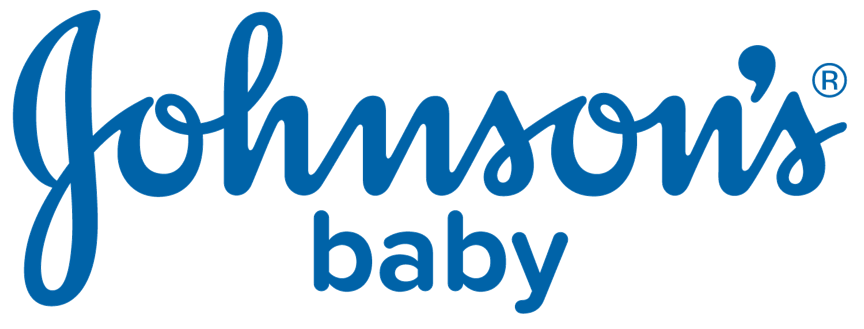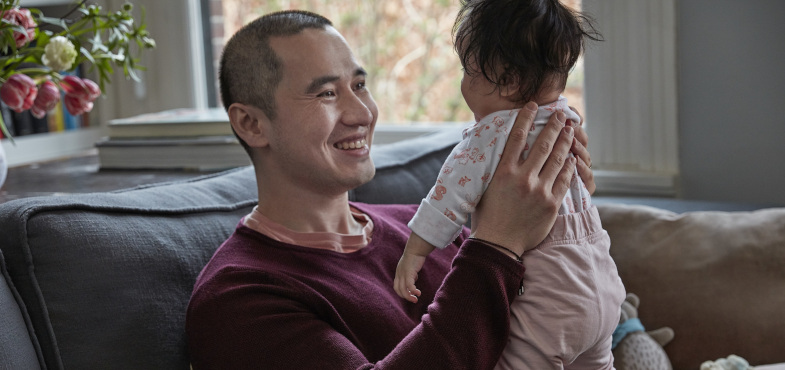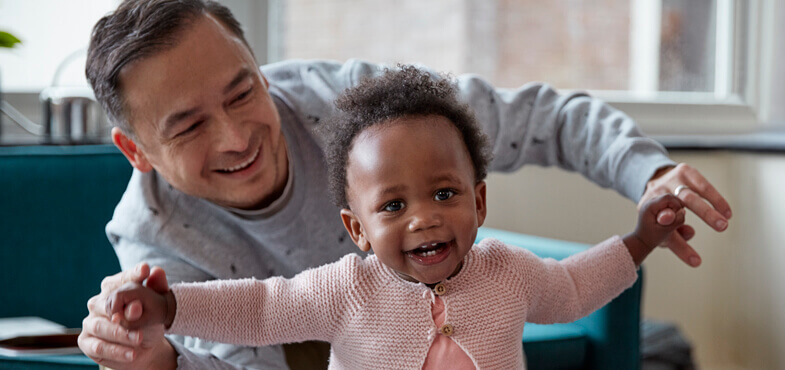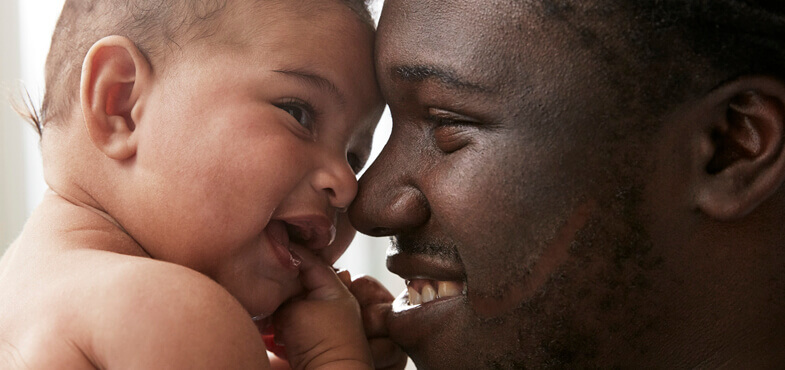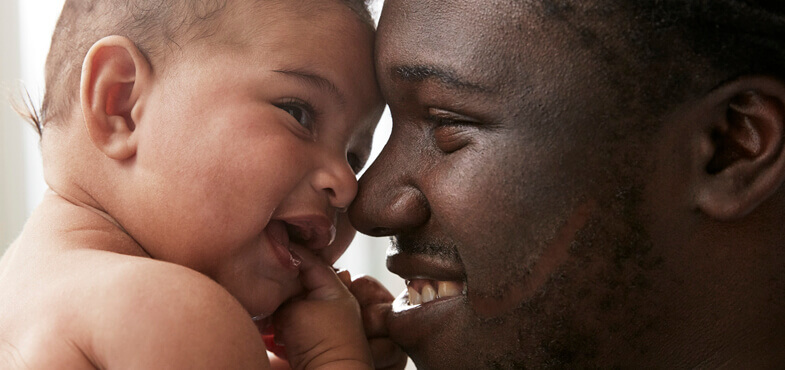The early stages of a baby’s life are an exciting time for any new parents. As their senses start to develop, you’ll see your baby start to become their own person, watch them start to get independent and move around on their own and hear them utter their all-important first word. These tentative steps, known as development milestones, are some of the most special for parents to experience, awash with big moments that create memories you’ll treasure forever.
Each milestone comes with expectations from parents and there will be some things you’ll look for to ensure your baby is developing in line with others of the same age. But it’s important to remember that every baby is different and will hit their development milestones when they’re ready to – so don’t worry if your bundle of joy doesn’t necessarily adhere to expectations.
We’ve selected the seven biggest moments in your child’s development and provided some helpful information, so you know what to expect as new parents.
When can my baby hear?
Hearing is one of the first senses your baby will develop. In fact, they can actually hear before they’re born, which is why many expectant mums and dads will talk or sing to baby while they’re still in the womb. Your baby will hear their first noises from the 18th week of pregnancy1, and by week 25 or 26, they’ll even be able to recognise your voice.
This means that towards the start of your third trimester, you can start to talk to your baby and play them music to help increase the range of sounds they hear. This is important for introducing them to new noises and preparing them as best you can for their arrival into the world.
When can my baby see?
Going from the comfort and safety of the womb to the big wide world is a bit of a culture shock for any baby, so it’ll take them some time to get used to the multitude of things they can see after they’re born.
When your baby first arrives, they’ll be able to detect light and motion, but won’t be able to make out shapes. Most objects will appear fuzzy and they’ll struggle to focus on anything more than a few inches from their face.
However, over the first year, your little one’s eyesight will develop quickly and they’ll start to see the world in a new light in no time at all2.
Eight weeks – Your baby will start to recognise and focus on your face
Three months – Their hand-eye coordination will start to develop and they’ll be able to fully focus on things around them
Five months – Their depth perception begins to improve, along with colour recognition
Twelve months – They will be able to judge distances better and their eyesight will be incredibly sharp
At the twelve-month stage, your child’s eyesight will allow them to recognise and remember objects. This is a good time to start associating words with objects as a way to give your baby a head start when it comes to learning to talk.
When will my baby roll over?
Rolling over is one of the first signs of your baby’s independence as they start to move around on their own. For the first few months, they’ll be happy lying on their back, but from four or five months, they’ll start trying to roll over onto their tummy on their own.
By six months, your baby’s arms and neck will be strong enough that they can easily roll over by themselves. Rolling is an exciting development, as it shows their head and neck control is getting better and they’re getting closer to mastering the ability to sit up without support, which they should be able to do within six to nine months3.
When do babies begin to crawl?
One of the first signs they’re really growing up, crawling provides your baby with their first chance to start exploring. Most babies will start to crawl from six to ten months old. They’ll start by rolling onto their stomach and pushing themselves along using their hands and feet, but it won’t be long before they push themselves up onto all four and have you chasing them all over the house.
There are several different styles of crawling your baby may adopt, including:
Classic – Moving an arm and the opposite leg to move forward
Scoot – Dragging their bottom along the floor to shuffle forward
Commando – Lying prone on their tummy and using their arms to push forward
Crab – Moving forward using one knee bent and the other straight
Backward – Crawling backwards to move
Eventually, after a period of crawling, your baby will gain strength in their legs and the balance to start walking themselves. But remember, every child is different, so this can happen at different time periods.45
When can babies feed themselves?
Babies can start to feed themselves at nine to 12 months old. They’ll start by picking up and holding a bottle, before later moving onto holding a spoon or a fork.
When your child starts trying to feed themselves, it’s yet another sign of independence and a big step in their development. It shows their hand-eye coordination and depth perception is developing. Plus, with you supervising, it’s a great time to bond with your baby.
You can help make it easier for them by cutting up their food into smaller pieces than you normally would. This makes it more manageable for them to pick it up with a spoon. 67
When can you potty train a baby?
Babies can usually begin potty training by 18 to 24 months old. This differs from child to child and parents should monitor when their baby is ready to learn. Some will take to it easily, while others can get anxious or scared to use the potty at first.
This is a vital milestone in your little one’s life, so it’s important to take care over when your baby is physically and emotionally ready to start potty training – and not to force them to if they’re not.
There are a number of indicators to look out for that show your baby may be ready to start potty training, including8:
Being aware that they have a wet nappy
Knowing they are wetting their nappy and telling you they’re doing it
Becoming aware of the need to urinate and getting restless as a result, or telling you when they need to go
Having a longer gap between wetting their nappy, reaching at least an hour
You can make potty training quicker, less stressful for your child and with fewer accidents by waiting until your child’s bladder control has improved.8
When do babies say their first word?
Every baby is different, particularly when it comes to talking, but they will generally start speaking at 12 to 18 months old.
From three months, your baby will start to vocalise through cooing and making little noises. At six months, they begin baby-talking, also known as babbling, where it sounds like they’re trying to tell you something, and at nine months, they start to understand basic words.
The big moment in their development is obviously when your baby says their first word, and this will happen any time from nine months onwards. From then, they will start to develop their speaking quite quickly, firstly through learning new words and pointing at things as they say what they see.
Try word association here to help them, holding up an object and saying its name to your baby.
Discover more on your baby’s early development and how you can help them along with JOHNSON’S® Baby.
1 https://www.healthline.com/health/pregnancy/when-can-a-fetus-hear#1
2 https://www.healthline.com/health/parenting/when-do-newborns-start-to-see#5
3 https://www.healthline.com/health/parenting/when-can-babies-sit-up#early-signs
4 https://www.parents.com/baby/development/crawling/when-do-babies-crawl/
5 https://www.healthline.com/health/parenting/when-do-babies-start-walking#walking-with-help
6 https://www.aboutkidshealth.ca/Article?contentid=1457&language=English
7 https://www.healthline.com/nutrition/weaning#approaches
8 https://www.nhs.uk/conditions/pregnancy-and-baby/potty-training-tips/
JOHNSON'S®Pioneering Safety and Science in Baby Care
We are committed to working with Parents, Healthcare Professionals and Scientists to ensure our baby products continue to deliver high standards of safety and care.
